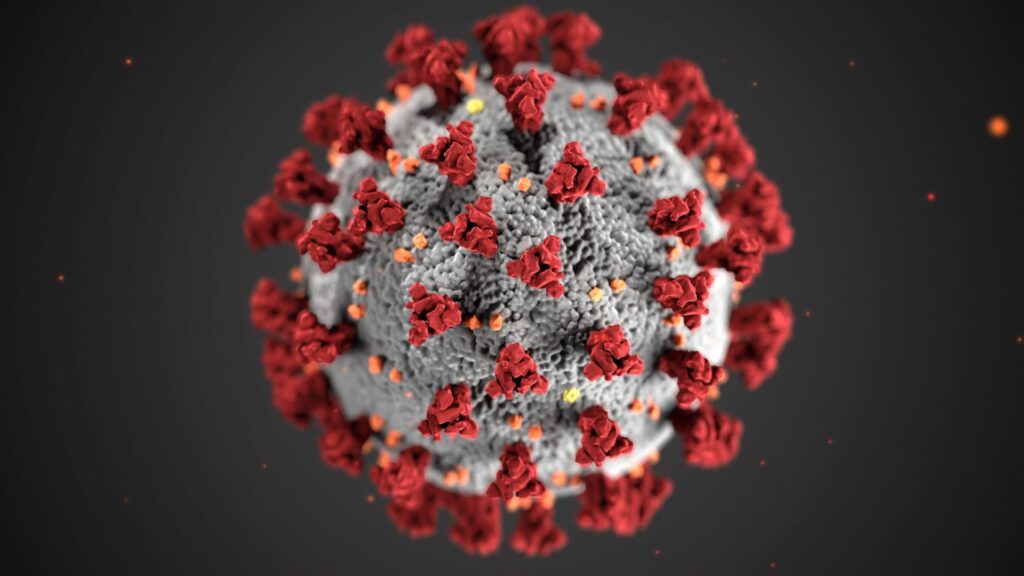Life Blog
Cutting-edge information and tips for creating health in all areas of life – wellness, nutrition, fitness, attitude, and relationships

February 12, 2026
How Personal Growth and Healthy Habits Strengthen Your Marriage and Your Health
It’s easy to feel like a failure when you’re stuck in an unhappy marriage. When the relationship that’s supposed to feel safe and supportive feels heavy instead, discouragement can creep in quickly. Over time, that weight can leave you feeling helpless, hopeless, and questioning whether it’s even worth trying anymore. And when that happens, it’s easy to give up—not just on the marriage, but on yourself. Instead of taking charge of the situation, the situation starts taking charge of you. Personal growth and transformation are essential to a healthy, thriving marriage. When you feel emotionally drained or defeated, it affects how you show up for your spouse. But when you begin taking responsibility for your own growth, everything shifts. You become more self-aware, more present, and more intentional—qualities that naturally strengthen your marriage. You can either control yourself or be controlled by your environment. Studies show that people who practice self-control tend to be more forgiving and experience more stable relationships. Self-control helps you recognize your needs and respond to stress without taking it out on your spouse. Many marital conflicts escalate not because of the issue itself, but because emotions go unchecked and conversations turn reactive. If you want to transform your marriage, focus more on developing yourself through positive habits and beliefs instead of trying to change your spouse. Marriage, Health, and Well-Being Healthy marriages don’t just support emotional connection—they support overall health. Research from Harvard’s long-running Study of Adult Development found that strong, supportive marriages and long-term…
How Vegetarians Can Get Enough Protein
New vegetarians often worry if they’re getting enough protein. Most people associate protein with meat, dairy, and other animal products. Their knowledge of plant-based protein starts and ends with beans! While beans are a good source of plant-based protein, it’s totally possible to get enough protein as a vegetarian without eating beans. But, first, let’s…
Learn MoreDiabetes: Beyond Diet and Exercise
The key components of diabetes management are diet, exercise, medication, and regular check-ins with your healthcare team; everyone knows this. It’s the best-known way of preventing long-term complications. However, diet, exercise, and medication are just part of the equation. To truly live well with diabetes, you also need to practice self- care (not everyone knows…
Learn MoreConcerned About Memory Lapses?
Everyone has memory lapses. Sometimes we misplace our keys, forget where we parked the car, or lose our train of thought when talking to someone. However, this doesn’t necessarily mean that we’re experiencing cognitive decline or have dementia (what a relief!). Normal Forgetfulness vs. Age-Related Memory Loss vs. Dementia Why you probably don’t have dementia…
Learn MoreRewire Your Brain to Get Rid of Anxiety and Depression
Here’s the amazing thing about your brain: It’s always changing, reorganizing and making new connections between neurons, depending on how you use it. This phenomenon, known as neuroplasticity, is the brain’s natural response to new experiences, thought patterns, and habits. What does any of this have to do with mental health? Interestingly, neuroplasticity can work…
Learn MoreYour Brain May be Lying to You and Stealing Your Joy!
Your brain is a powerful machine that can convince you of pretty much anything, including things that aren’t true! It can take a particularly rough morning and turn it into “I have the worst luck in the world!” or a slightly strange look from a stranger becomes “he /she doesn’t like me” or a myriad…
Learn MoreHow To Order Healthy Takeout Meals
One of the biggest hurdles to eating healthier is that it often requires planning and a trip to the grocery store and meal preparation. It’s one of the reasons why 1 in 3 adults in the US eats takeout (pre-COVID-19). Most people prefer home-cooked food to restaurant food, but that’s not always an option. Sometimes,…
Learn MoreSelf-shelter Indoors Without Going Crazy During COVID-19
If you want to see what you’re made of and how much you can take, self-shelter in close quarters with friends or loved ones for a few days or a month. Oh wait, that’s what you’re doing now, so…how’s it going? Staying indoors for days on end makes you restless and irritable, especially if you’re…
Learn MoreBeing Hopeful & Heroic During COVID-19
People are afraid. How can they not be? Images of cities turned into ghost towns, fatigued hospitals, medical tents popping up across the country, and grim projections that more than 100,000 people in the United States might die from COVID-19, perhaps 200,000. People are out of work; paychecks have stopped. Businesses have shuttered; the hopes…
Learn MoreAre Naps Really Good For Your Health?
Many people around the world love a good nap. In fact, siestas are an integral part of some cultures. A quick nap boosts productivity and performance, according to some research. But, other studies (perhaps controversial) indicate a connection between napping and mortality. Napping during the day increases the risk of premature death by up to a third!…
Learn MoreHow To Protect Yourself From The Coronavirus
The World Health Organization announced on March 11, 2020, that the Corona Virus (COVID-19) is a pandemic. Although we watched COVID-19 shut down China, Italy, Germany, Spain, with more countries being added to the list daily, it’s real now because it’s on our doorstep, not thousands of miles away. So let’s talk about how you…
Learn MoreKeep Your Kids Healthy & Germ-Free at School
Schools and child care centers are teeming with germs and contagious illnesses. Common infections like the flu, colds, stomach bugs, ear infections, and pink eye spread like wildfire. Most parents wish they could do more to protect their children. Even worse, kids bring these illnesses home and infect their siblings, parents, and other family members,…
Learn MoreTired of Salads and Smoothies? Try This Instead
Healthy foods have an image problem. In most people’s minds, the word ‘healthy” is synonymous with blandness, boring! It’s no surprise that many people only eat healthy food when they’re on a diet. They eat unhealthy foods most of the time and only have a salad or chug a green smoothie every once in a…
Learn More











